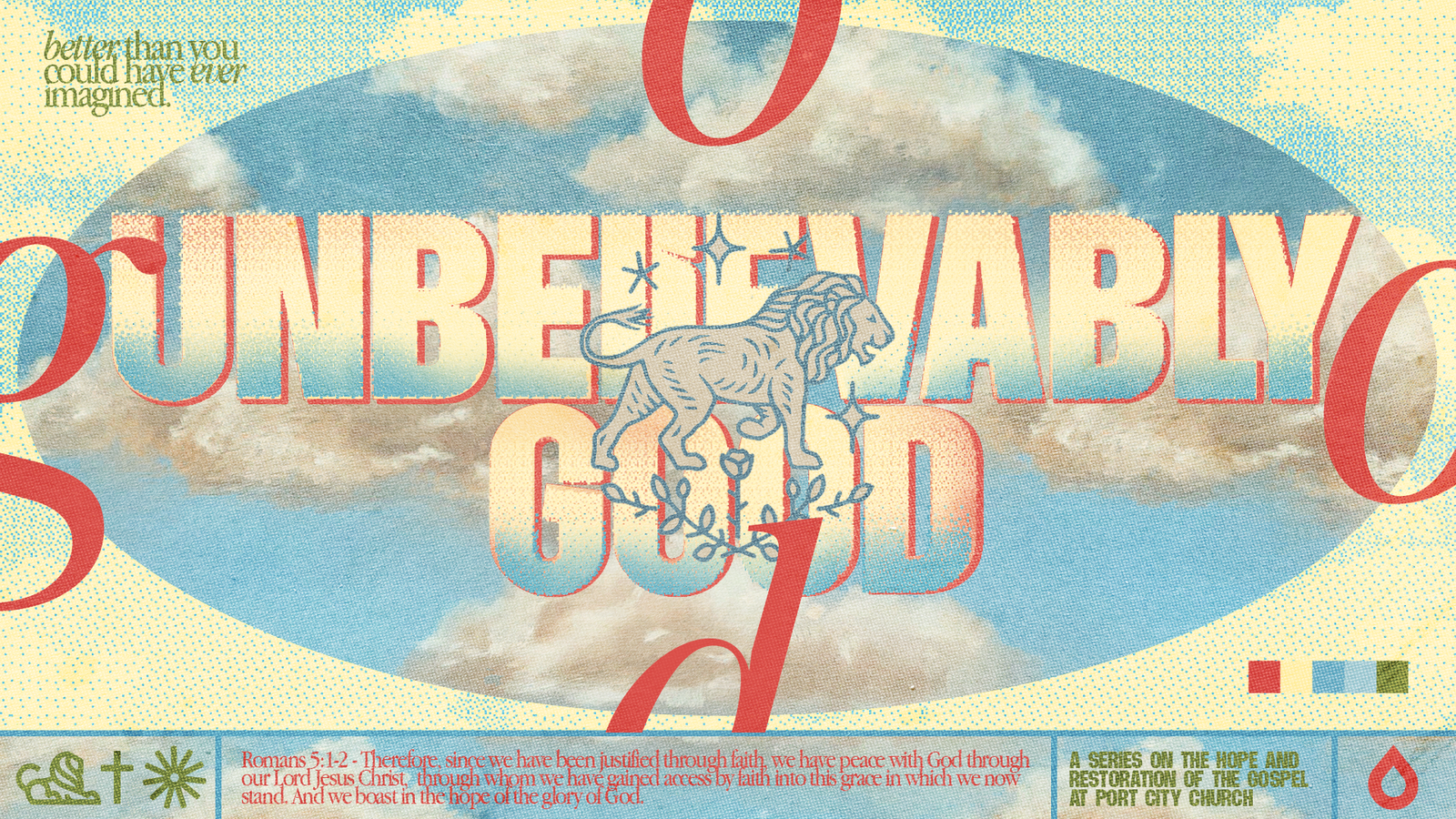He Rested
READ
In our productivity-obsessed world, rest often feels like weakness or laziness. We glorify busyness and wear exhaustion as a badge of honor. How striking, then, that in the creation story, God Himself rests—not from fatigue but as a deliberate, meaningful act that He later enshrines in the Ten Commandments.
Let’s take a moment to read Exodus 20:11:
For in six days the Lord made the heavens and the earth, the sea, and all that is in them, but he rested on the seventh day. Therefore the Lord blessed the Sabbath day and made it holy.
REFLECT
Today’s verse from Exodus offers the theological foundation for Sabbath: God's own example. The Creator of the universe, who certainly didn't need to rest, chose to pause, reflect, and delight in His work. Then He blessed this pattern of rest and declared it holy—set apart for sacred purposes. This reveals something remarkable about God's goodness: He values being over doing, relationship over endless productivity.
Notice the language carefully: God "blessed the Sabbath day and made it holy." Rest isn't just permitted; it's blessed. It isn't just a practical necessity; it's holy. By establishing this rhythm at creation, God shows that rest isn't an interruption of our purpose but an essential part of it. We weren't designed for ceaseless activity any more than land was designed for continuous farming without fallow seasons.
Jesus reinforced this understanding when He said, "The Sabbath was made for man, not man for the Sabbath" (Mark 2:27). Rest isn't just a command; it's a precious gift. It's God saying, "I've designed you to need regular renewal. I care about your wholeness, not just your output."
The implications extend beyond a weekly day off. Sabbath principles invite us to build rest into the fabric of our lives—daily moments of stillness, seasonal retreats, even sabbatical years. They remind us that our value isn't in what we produce. They create space for relationship with God and others. And they testify to our trust that the world will continue turning even when we step back.
In a culture that prizes constant connectivity and productivity, Sabbath rest becomes a countercultural witness to God's different economy. By resting, we declare that we're not the center of the universe. We acknowledge our limits as creatures. And we participate in God's original "very good" design for human flourishing.
As you look at the days ahead, consider how you might honor God's pattern of rest—not as another obligation on your to-do list but as a blessed gift from your good Creator.
RESPOND
Take a moment to process what God might be leading you to do in light of what you read.
What makes it difficult for you to embrace regular, genuine rest in your life?
How might viewing rest as "holy" and "blessed" change your approach to Sabbath practices?
REST
Take a moment to rest in God’s presence and consider one thing you can take away from your time reading, then close your devotional experience by praying:
God of sacred rest, thank You for modeling the rhythm of work and renewal in creation itself. Forgive me for treating rest as optional or viewing busyness as more valuable. Teach me to embrace Your gift of Sabbath and find my deepest identity in being Your beloved child rather than in what I accomplish. Amen.

